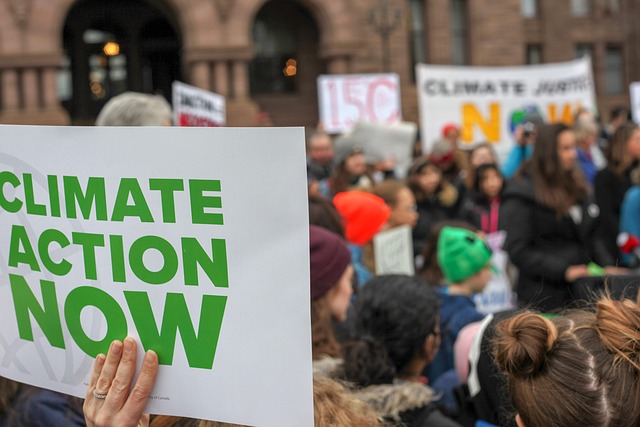
Overview
This course is your starting point for understanding sustainability and climate action in a clear, practical way. You will not be asked to memorise complex theories or technical policies. Instead, you will explore how sustainability shows up in everyday decisions, in communities, in businesses, and in how societies plan for the future.
This is a free Tier 0 course, designed to build awareness, confidence, and the right way of thinking before moving into applied and Continuous Professional Development level learning.
By the end of this course, you should feel comfortable explaining sustainability in simple language, recognising climate related risks around you, and understanding why sustainability has become a requirement for organisations, governments, and industries.
This course also prepares you for progression into a Tier 1 OCN – Credential Course in Applied Climate Risk and Sustainability Management and Tier 2 CPD – Credential Course in ESG Reporting and Impact Measurement, where you will move from awareness into real-world application.
Introduction to Sustainability and Climate Action
Category:
Level
Time to Complete:
Lessons:
Certificate:
Yes
One-time for 1 person
Overview
This course is your starting point for understanding sustainability and climate action in a clear, practical way. You will not be asked to memorise complex theories or technical policies. Instead, you will explore how sustainability shows up in everyday decisions, in communities, in businesses, and in how societies plan for the future.
This is a free Tier 0 course, designed to build awareness, confidence, and the right way of thinking before moving into applied and Continuous Professional Development level learning.
By the end of this course, you should feel comfortable explaining sustainability in simple language, recognising climate related risks around you, and understanding why sustainability has become a requirement for organisations, governments, and industries.
This course also prepares you for progression into a Tier 1 OCN – Credential Course in Applied Climate Risk and Sustainability Management and Tier 2 CPD – Credential Course in ESG Reporting and Impact Measurement, where you will move from awareness into real-world application.
What You’ll Learn?
Requirements
Syllabus Overview
Lessons
Quizzes
Tasks
Resources